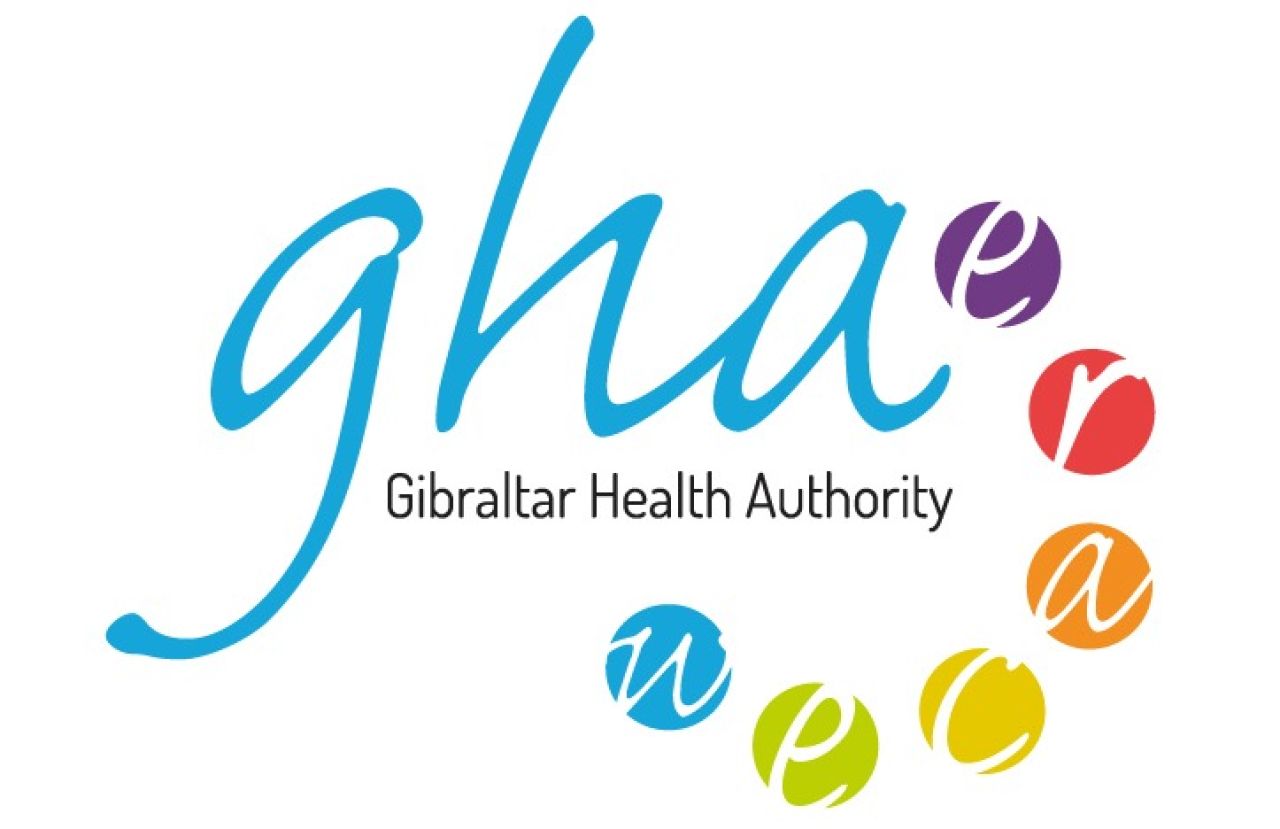GHA Emphasises: Cervical screening saves lives

The Director General of the GHA, Dr Patrick Geoghegan, has emphasised the importance of health screening programmes as the GHA marks cervical cancer awareness and prevention week by stressing that prevention is better than cure.
A statement continued: “Whilst human papillomavirus infection is very common in the population, cervical screening is an effective way of identifying early changes in cells before they become cancerous. Cervical screening, also known as smear tests, are easy, free and potentially life-saving for women over 25.
“The human papillomavirus (HPV) is the name of a family of more than 120 closely related viruses that are extremely common; almost all sexually active people will contract HPV in their lifetime. You do not have to have sexual contact with a lot of people to get HPV. You can get HPV the first time you're sexually active. Whilst HPV infection is usually transient, without symptoms and most people won’t know they’ve had it, some types can cause genital warts or cancer. Although cancer is a rare outcome of HPV infection, the cells may change to cancer if there is a persistent infection with high risk of HPV types.
“Cervical screening allows clinicians to identify early cell changes in the cervix which may lead to pre-cancerous cells and which in turn may eventually change to cancerous cells. In Gibraltar, over the last 5 years there have been higher rates of cervical cancer in women who have never been screened or have not attended a screening appointment. It is extremely important that women begin screening for cervical cancer from age 25 as it allows doctors to treat and cure any form of pre-cancerous cells to help stop the invasion of cancer. Screening saves lives.
“Since September 2020, women attending screening appointments have been offered a test for HPV infection. Both negative results and positive HPV results with normal cells present in the pap smear will be followed up by clinicians. A positive HPV result and abnormal cells present in the pap smear will be referred to a gynaecologist for a colposcopy. A colposcopy is a nearly- pain free procedure to examine the cervix, vagina or vulva for the presence of suspicious tissue that might indicate cancer. The outcome of the results will then be further managed by the gynaecologist.
“Women over 25 years old will automatically receive an invitation to a cervical cancer screening appointment at the Primary Care Centre. Women aged 25-50 will be recalled for appointments every 3 years, whilst women aged 51-64 will be offered a screening appointment every 5 years. Any woman over 25 who has not received the appointment letter should call 56004698 to arrange screening.
What should women do?
- If aged 25-50 and have not had a smear in the last three years; or aged 51-64 and have not had a smear in the last five years, please call the GHA dedicated number +350 56004698 to make an appointment.
- If up to date with cervical screening, there is no need to do anything as you will be recalled automatically when your date is due.
- If have just turned 25, automatically be invited for your first screening smear.
Director General of the GHA, Dr Patrick Geoghegan, said: ‘I strongly encourage all women over age 25 to make sure that they attend screening appointments. I’m proud to confirm that there is no COVID-19 related backlog in this service as this has now cleared. This means that if you are over 25 and haven’t had a smear test in the last 3 years, it is very important that you call +350 56004698 to make an appointment. It could save your life’.
Minister for Health, Samantha Sacramento, said: ‘Cervical screening, in addition to the specific tests for HPV infection and the HPV vaccination programme for children, are essential to reducing the transmission of HPV and therefore also to reducing the risk of women developing cervical cancer. As Minister for Health, and also as Minister for Equality, cervical screening is a priority and that is why Gibraltar has kept to the 3 year gap between screening appointments, whilst the UK has reduced the scope of their programme. Please make sure that you attend your appointments: screening is quick, pain-free and potentially lifesaving. Prevention is better than cure. I invite all women to put their health first and ensure that they attend all screening appointments, they are very important’.
Latest News
- Giovanni Origo Budget Speech 2025 - GSD Shadow Minster for Youth, Tourism, the Environment and Transport
- Budget 2025 Speech by Minister for Industrial Relations, Civil Contingencies and Sport, Leslie Bruzon
- HM Customs Gibraltar Launches ASYCUDA Version 4.4 to Modernise Border Management
- Budget 2025 Speech by Minister for Equality, Employment, Culture and Tourism Christian Santos
- Declaration Of Enlistment By Royal Gibraltar Police Recruits
- Local Actors Travel To UK Drama Festival
- Bridge House Charitable Trust Welcomes Donations
- GSD Says Principal Auditor Report 2018/19 Should Now Emerge
- The Budget 2025 – Minister Gemma Arias-Vasquez's Address
- Ministry Of Equality Marks Successful End Of The Sixth Cycle Of The Women’s Mentorship Programme



